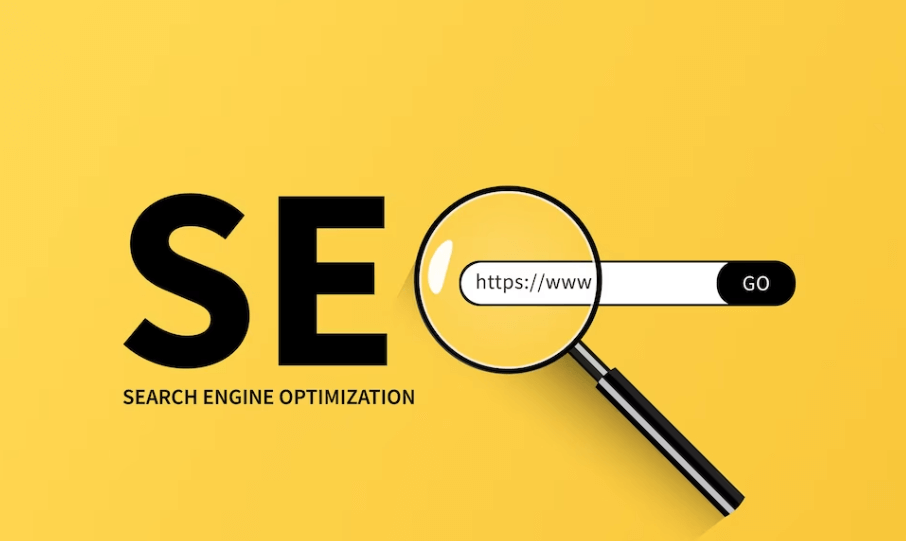Indexing is a way by which search engines organize the information regarding websites and know what they are about.
In this article, I will be discussing what Google Indexing is and how you can make sure to optimize your site and its content accordingly.
Keep reading till the end to find out more information about the same!

About Google Indexing
The Search index of Google is its whole inventory consisting of websites that it draws from to provide search results to the users. While it may feel as though Google is big enough to take a user to any site present on the internet – that’s certainly not the case in reality. Only the indexed sites can appear in the “search results”.
There are always sites that can be added to the index and that is what Google Indexing is all about.
In simple terms, Indexing refers to the process of adding a website to the index of Google. It happens when the web crawlers of Google also known as spiders crawl the websites on the internet.
Its Importance
Indexing is a very critical process that you have to go through – if you want to reach users through Google. It is important for any business. If Google decides to not rank your site then that would automatically disqualify the page from ranking high. Moreover, it is not going to appear in the search results at all. A great way to communicate with the audience is by finding out the search terms that are related to what you sell.
Indexing on Google is essentially the first step to boosting site traffic, conversions, and revenue for your business.
Consider Reading: What Is Domain Rating?
How Does It Work?
There are three main stages that a page has to go through before it appears in the Google search results/gets indexed. Here is the list of the three of them:
Crawling
The first and foremost reaction that a website has is certainly when it crawls it. Your site might get discovered by a crawler in numerous ways.
You could directly submit your sitemap to Google, or it can follow a link from another site. In any such event, after a Google crawler gets your site, they are going to crawl it. It involves scanning the whole website to discover what is the content in it.
It does its best in assessing the text and even the accompanying images and videos that have been provided on the website.
Indexing
After Google crawls your step, they are going to index it. This is very crucial, as if your site fails to meet the requirements then Google would not index it. As a result, the site won’t even have any chance of ranking at all. There are a lot of reasons why Google may decide against indexing a site:
👉If the content appears to have no valuable information then Google will decide against indexing the site.
👉The content should be original and unique. If Google even catches a whiff of plagiarism then it won’t index it.
👉If your site has multiple versions and you decide not to mark one as real – then Google would be against Google indexing it.
What you could do instead is, submit a sitemap – that way you can notify Google of your website and they will be more likely to crawl it. If there are no negative points to your site, then the crawler is going to use that information to check what it is about and use it to add to the search index.
Ranking
This is the last step in the process of ranking. This is initially where your site is going to appear in the search results and generate traffic. Whenever a person searches for something on Google, the search engine goes through all of its indexes for finding the most relevant pages regarding that query.
If your site is the one that is related to that entered query – then Google is going to rank it on the results page.
Consider Reading: What Is Domain Rating?
FAQs
Here is a list of frequently asked questions regarding Google Indexing:
A: Google indexing is not a paid thing, it is a process that happens free at cost for all of the sites on the search engine. If your site has not been indexed yet, then you can submit its sitemap to Google directly and it will get indexed.
A: It is not possible to predict how long it will take for Google to get your pages indexed. This is so because Google does not index all of the content which it processes. It may take hours or even several weeks for content to get indexed after it has been published.
A: Indexing is unarguably the most important part of SEO. This is so because the content which does not get indexed has no chance or even possibility of ranking on the SERP.
A: You may choose whatever seems to be the easiest option for you to manage and organize. From the perspective of indexing and ranking, Google does not have a preference.
A: There’s no faster way of getting indexed. If you want a fast way of getting indexed then you would better submit the sitemap of your website to Google.
To Wrap It Up,
It is very important to know that Google Indexing is a major part of getting your content ranked on the Search Engine Results Pages. You need to make sure that you are doing your part effectively when publishing content so that the process gets done faster.
That was all for information regarding Google Indexing. Thank you for reading up till here. I hope you found the information useful.
Additionals:




